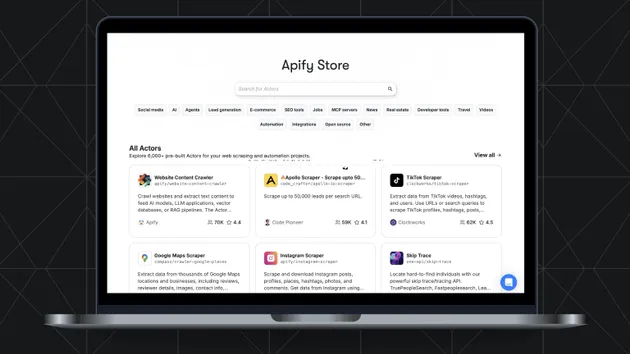HTTP API & Webhook Gateway
Pricing
$5.00 / 1,000 results
HTTP API & Webhook Gateway
A versatile actor that functions as both a powerful HTTP client and a secure webhook receiver. If your application can trigger an Apify actor but can't make direct HTTP calls, use this tool to interact with any external API. It also provides a stable endpoint to receive incoming webhooks.
Pricing
$5.00 / 1,000 results
Rating
0.0
(0)
Developer

Traffic Architect
Actor stats
2
Bookmarked
28
Total users
4
Monthly active users
6 months ago
Last modified
Categories
Share




